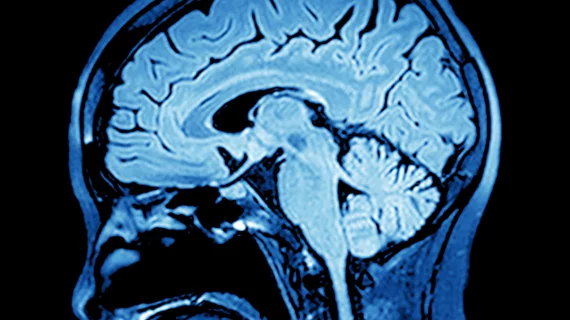NIH hands out $13.8M for new research into pre-dementia and Alzheimer’s
The National Institutes of Health has awarded two new grants totaling more than $13 million for research into preventing and treating Alzheimer’s Disease.
Joe Verghese, MD, MS, a cognition and aging researcher at Albert Einstein College of Medicine and Montefiore Health System, will be receiving the grants, according to a Monday announcement. The end goal of the projects, Verghese said, is to develop treatments that can improve how doctors care for those with the memory disorder.
The first study will utilize a five-year, $7.6 million grant to study motoric cognitive risk syndrome. MCR is a pre-dementia condition that slows older adults’ ability to walk and causes cognitive problems, with those diagnosed twice as likely to develop dementia compared to others.
Verghese and his team will try and understand the biological underpinnings of MCR and identify biomarkers for treatment. As part of the project, they will analyze data from participants enrolled across eight aging studies, tracking their structural brain changes. Hundreds of other individuals from ongoing studies at Einstein will also be enrolled.
The second study—which utilizes a five-year, $6.2 million grant—will test an at-home therapy treatment in patients with mild to moderate Alzheimer’s and track their brain changes using functional MRI data.
The randomized, double-blind investigation will determine if six months of transcranial direct-current stimulation therapy can improve cognition in 100 individuals. They’ll receive either a placebo or actual treatment for 30 minutes, multiple times a week over six months. Imaging exams will track their functional and structural brain changes in the days after treatment.
"There is a compelling need for new, low-risk treatment approaches for Alzheimer's disease," Verghese added. "Transcranial direct current stimulation has been effective in animal research and in some limited human studies, and there appear to be very few side effects. If we can demonstrate the effectiveness of this treatment, it could potentially become an important part of dementia care."

